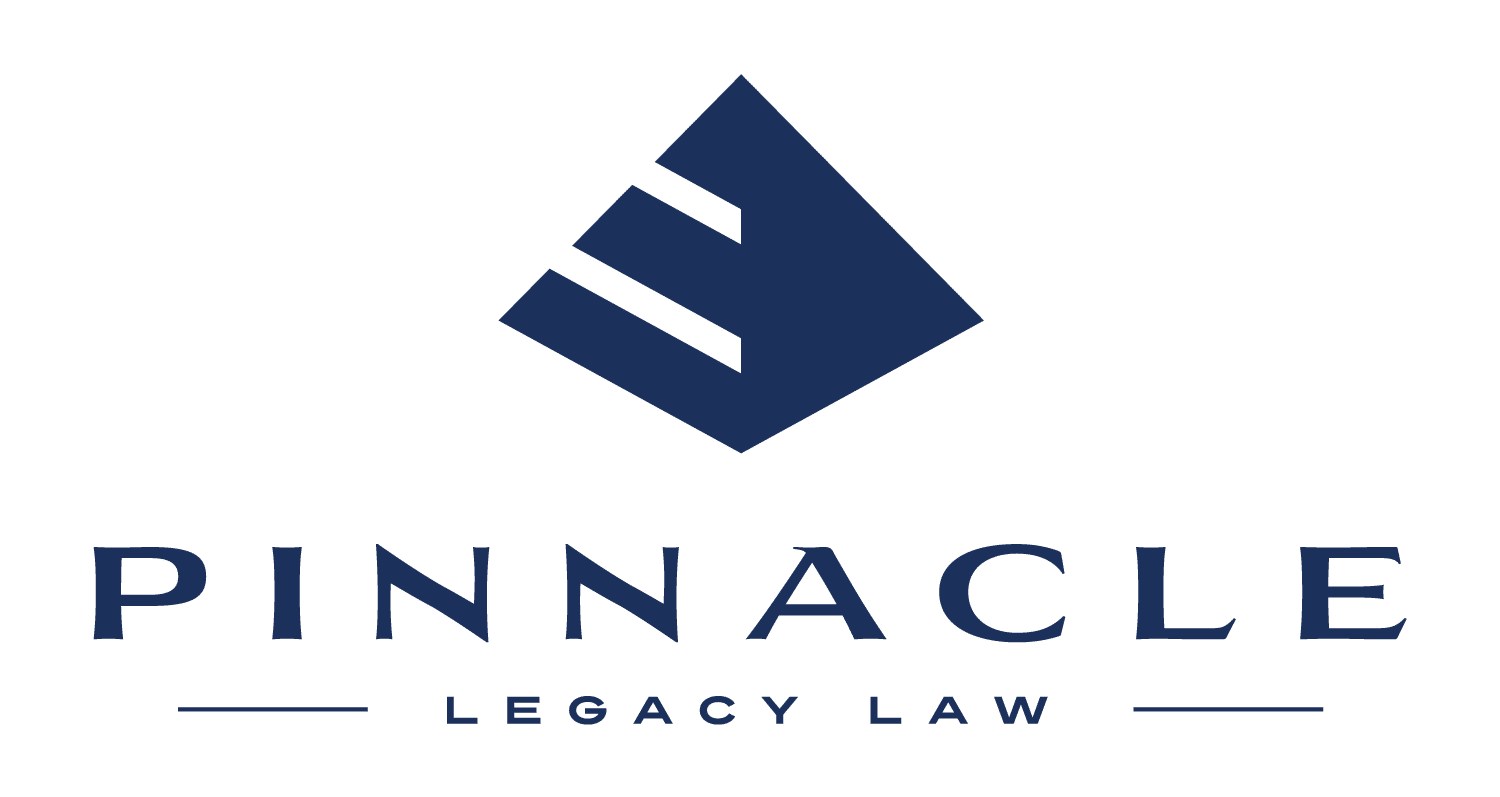Planning for the future is crucial, especially when it comes to the distribution of your assets after you’re gone. Often, the question arises: do I need a will or a trust? Both outline your wishes regarding asset distribution but differ significantly in their execution and implications. Let’s delve into the nuances of each to help you make an informed decision.
Understanding Wills
A will is the most common estate planning document. It lets you specify how you want your property and assets distributed upon death. You can designate beneficiaries for various assets, appoint guardians for minor children, and even outline funeral arrangements.
However, there’s a catch: the probate process. Probate is the legal procedure through which a court validates and executes a will. While this process ensures that your wishes are carried out according to the law, it has drawbacks. Probate can be time-consuming, expensive, and subject to public scrutiny. Additionally, the court oversees the proceedings, which may lead to delays in asset distribution.
Exploring Living Trusts
On the other hand, a living trust offers an alternative approach to estate planning. Like a will, it allows you to dictate how your assets should be distributed after passing. However, the key distinction lies in the probate process—or the lack thereof.
With a living trust, you transfer ownership of your assets to the trust during your lifetime, effectively creating a separate legal entity. As the trustee, you retain control over the assets and can make changes or revoke the trust at any time. Upon your death, the assets are then distributed according to the terms outlined in the trust without the need for probate.
Making the Choice
Which option is right for you? The answer depends on various factors, including the size and complexity of your estate, your preferences for privacy, and your desire to minimize costs and delays for your beneficiaries.
Choose a Will If:
- Your estate is relatively simple, and you’re comfortable with the probate process.
- You have minor children and need to appoint guardians.
- Cost-effectiveness is a priority.
Opt for a Trust If:
- You want to avoid probate and maintain privacy.
- Your estate is large or includes complex assets.
- You prefer to retain control over asset distribution during your lifetime.
Conclusion
In conclusion, both wills and living trusts serve as valuable tools for estate planning. While a will offers simplicity and cost-effectiveness, a living trust provides the added benefit of avoiding probate and maintaining privacy. Ultimately, the decision hinges on your circumstances and preferences. Consulting with a qualified estate planning attorney can help you navigate the complexities and choose what best suits your needs and goals. Remember, proper planning today ensures peace of mind for you and your loved ones tomorrow.
